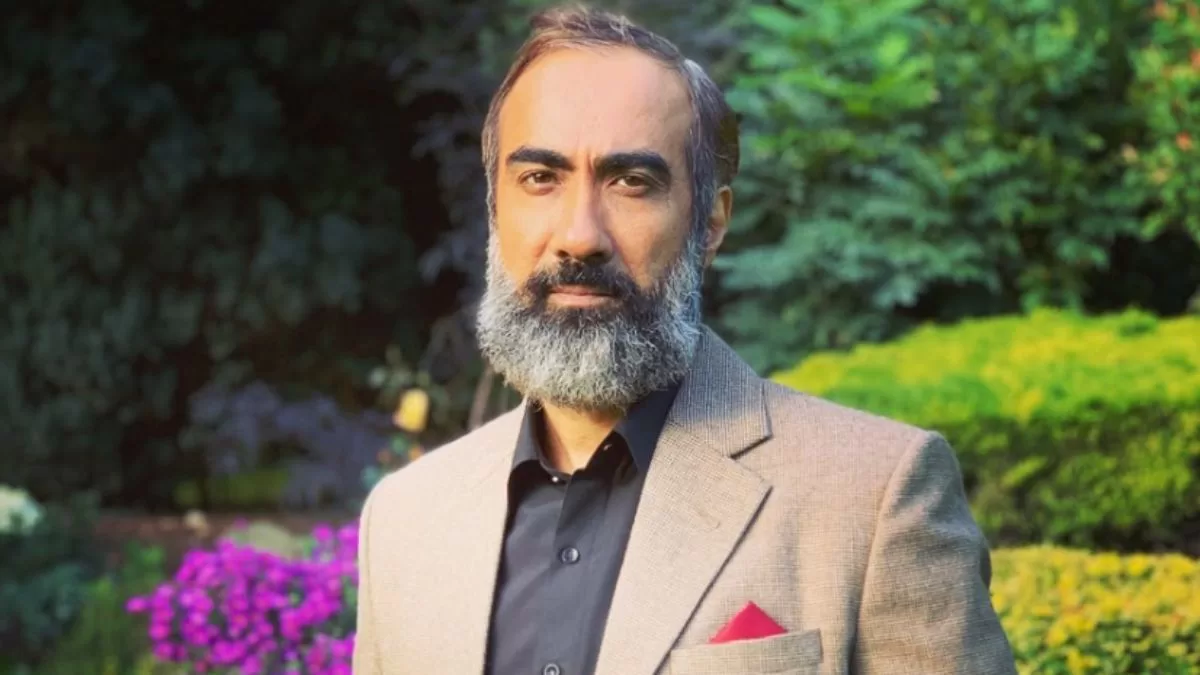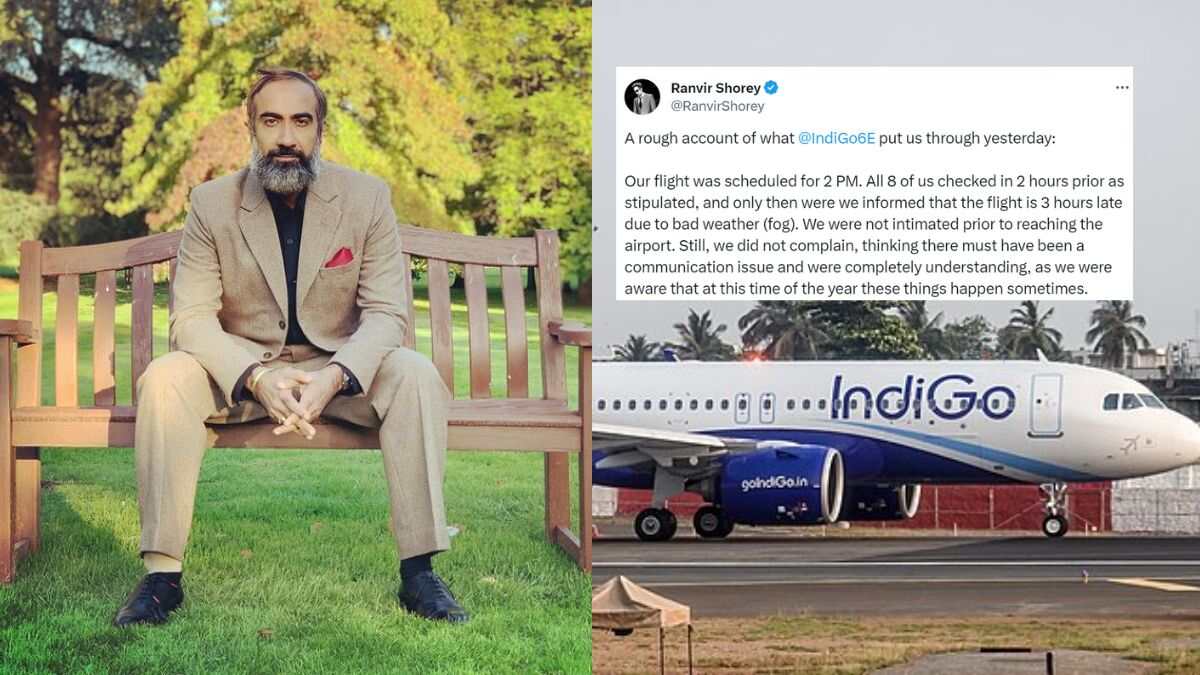Bollywood actor Ranvir Shorey’s recent flight experience with IndiGo Airlines wasn’t one for the highlight reel. Instead, it became a ten-hour saga of delays, misinformation, and frustration, culminating in the airline’s scathing social media takedown. Taking to his platform of choice, Shorey detailed the “traumatic” ordeal, leaving passengers wondering: Is this just one man’s misfortune or a symptom of a more significant systemic issue?

A Ten-Hour Delay, Spiced with Misinformation
Shorey’s nightmare began with a seemingly routine Delhi-bound flight. Checking in two hours early, he and his eight companions settled in, anticipating a smooth journey. But little did they know they were about to embark on a rollercoaster ride of uncertainty.
Hey @IndiGo6E! pic.twitter.com/NBIF85Zfng
— Ranvir Shorey (@RanvirShorey) January 15, 2024
Initially informed of a three-hour delay due to fog, the wait stretched and contorted like a bad balloon animal. Updates trickled in, each casting doubt on the previous.
A rough account of what @IndiGo6E put us through yesterday:
Our flight was scheduled for 2 PM. All 8 of us checked in 2 hours prior as stipulated, and only then were we informed that the flight is 3 hours late due to bad weather (fog). We were not intimated prior to reaching…
— Ranvir Shorey (@RanvirShorey) January 15, 2024
Lies, Lies, and More Lies
Shorey’s narrative paints a bleak picture of airline communication. He accuses IndiGo staff of “non-stop lies,” repeatedly misleading passengers about departure times. Promises of take-off morphed into further delays, chipping away trust and patience. This lack of transparency, Shorey argues, only exacerbated the anxiety and helplessness of the stranded passengers.
View this post on Instagram
Beyond the Delay: A Human Cost
The ramifications of this ten-hour odyssey extended far beyond missed connections and rescheduled appointments. Shorey describes the physical and mental toll on himself and his fellow passengers. Children grew restless and hungry, older adults bore the brunt of the physical strain, and frustration became anger. This human cost, Shorey asserts, cannot be ignored in the face of operational hiccups.

Call for Accountability
Through his public outburst, Shorey is not just seeking personal redress. He raises a critical question: What happens when passengers become collateral damage in an airline’s quest for efficiency? His story highlights the need for more robust accountability measures within the aviation industry, demanding a shift from passenger inconvenience to passenger well-being.


